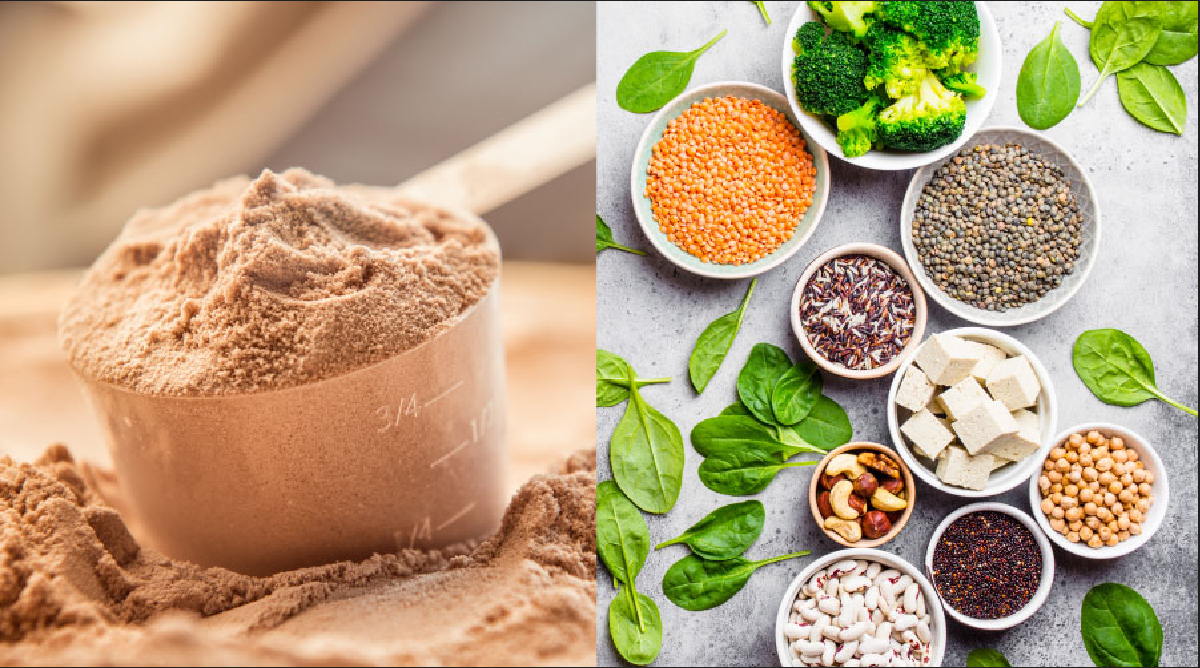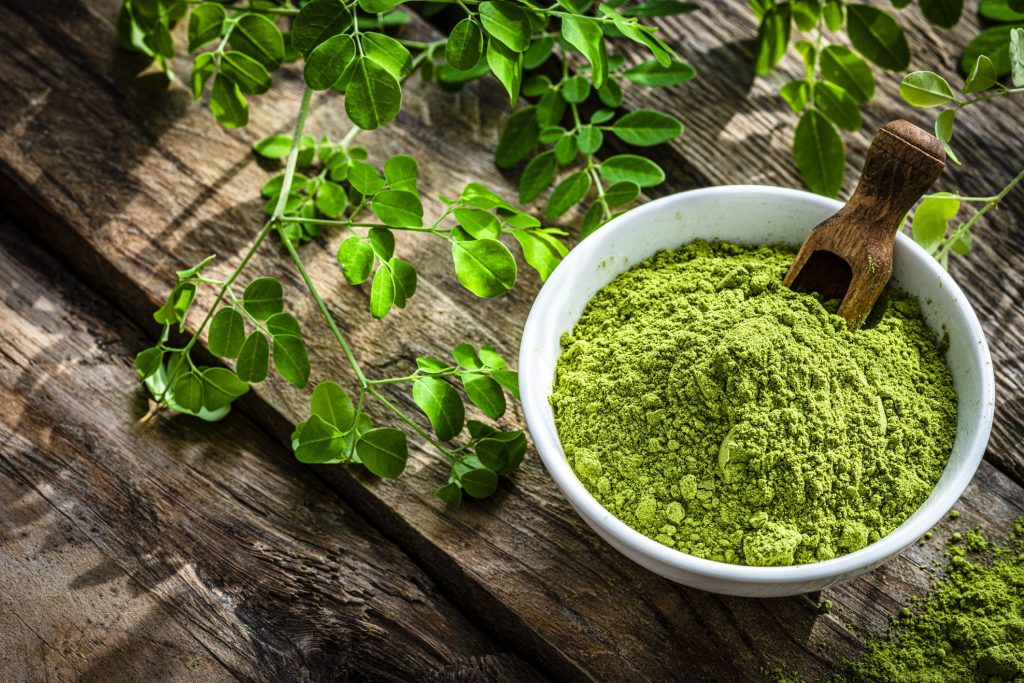Now Reading: Whey Protein: The Amazing Benefits, Side Effects, and Sources You Must Know in 2023
- 01
Whey Protein: The Amazing Benefits, Side Effects, and Sources You Must Know in 2023
Whey Protein: The Amazing Benefits, Side Effects, and Sources You Must Know in 2023

Protein is one of the most essential nutrients for the human body. It is the building block of muscles, bones, skin, hair, and many other tissues and organs. Protein also plays a vital role in various metabolic processes, such as hormone production, enzyme activity, immune function, and energy regulation.
But what happens if you don’t eat enough protein? How much protein do you need per day? And is Whey Protein a good option for you? In this article, we will answer these questions and more.
Table of Contents
What Happens If You Don’t Eat Enough Protein?
Protein deficiency is a serious condition that can have negative effects on your health and well-being. Some of the symptoms of protein deficiency include:
- Muscle loss and weakness
- Edema (swelling due to fluid retention)
- Hair loss and brittle nails
- Skin problems and poor wound healing
- Increased risk of infections and diseases
- Growth retardation and developmental delays in children
- Hormonal imbalances and mood disorders
- Anemia (low red blood cell count)
Protein deficiency can also impair your cognitive function, memory, learning, and concentration. It can also affect your appetite, metabolism, and weight management.
Is It Really Necessary to Have Protein?
The answer is yes. Protein is not only necessary for maintaining your body structure and function, but also for supporting your health goals. Whether you want to lose weight, gain muscle, or improve your performance, protein can help you achieve them.
Here are some of the benefits of protein for your health and fitness:
- Protein helps you feel full and satisfied, which can reduce your calorie intake and prevent overeating.
- Protein boosts your metabolism and increases your energy expenditure, which can help you burn more calories and fat.
- Protein stimulates muscle protein synthesis and prevents muscle breakdown, which can help you build and preserve lean muscle mass.
- Protein enhances your recovery and adaptation after exercise, which can improve your strength, endurance, and performance.
- Protein supports your immune system and protects you from infections and diseases.
How Much Protein Do You Need Per Day?
The amount of protein you need per day depends on several factors, such as your age, weight, activity level, health status, and goals. The Recommended Dietary Allowance (RDA) for protein is 0.8 grams per kilogram of body weight per day for adults. This is the minimum amount of protein you need to prevent deficiency and maintain basic health.
However, this amount may not be optimal for everyone. Some people may benefit from higher protein intake, especially if they are physically active, pregnant or breastfeeding, elderly, or have certain medical conditions. According to some experts, the optimal range of protein intake for most people is 1.2–2.0 grams per kilogram of body weight per day.
For example, if you weigh 60 kilograms (132 pounds), you may need 72–120 grams of protein per day. To calculate your protein needs in grams per pound of body weight, simply multiply your weight in pounds by 0.54–0.91.
Should Females Drink Whey Protein?
Whey protein is one of the most popular types of protein supplements on the market. It is derived from milk and contains all nine essential amino acids that your body cannot produce on its own. It is also rich in branched-chain amino acids (BCAAs), especially leucine, which is the key amino acid for stimulating muscle growth.
Whey protein has many benefits for both males and females. Some of the benefits for females include:
- It can help females lose weight by increasing their metabolism, reducing their appetite, and preserving their muscle mass.
- It can help females gain muscle by enhancing their muscle protein synthesis, recovery, and adaptation after exercise.
- It can help females improve their bone health by increasing their calcium absorption and preventing osteoporosis.
- It can help females boost their immune system by providing them with immunoglobulins, lactoferrin, and other bioactive peptides that have anti-inflammatory and antimicrobial properties.
Therefore, females can drink whey protein without any worries. However, they should be aware of their total protein intake from all sources and avoid consuming too much or too little protein. They should also choose high-quality protein products that are free of artificial sweeteners, colors, flavors, or additives.
Best Vegetarian Sources of Protein
If you are a vegetarian or vegan who does not consume animal products, you may wonder how to get enough protein from plant sources. Fortunately, there are many plant-based foods that are high in protein and can provide you with all the essential amino acids you need. Some of the best vegetarian sources of protein include:
- Soy products, such as tofu, tempeh, edamame, soy milk, and soy yogurt. Soy is one of the few plant foods that contains complete protein, meaning it has all nine essential amino acids in adequate amounts. Soy is also rich in phytoestrogens, which may have beneficial effects on hormonal balance, bone health, and cardiovascular health.
- Legumes, such as beans, lentils, chickpeas, peas, and peanuts. Legumes are high in protein and fiber, which can help you feel full and regulate your blood sugar levels. Legumes are also good sources of iron, folate, magnesium, and potassium, which are important for your overall health.
- Nuts and seeds, such as almonds, walnuts, pistachios, cashews, sunflower seeds, pumpkin seeds, chia seeds, and hemp seeds. Nuts and seeds are not only high in protein but also healthy fats, antioxidants, and minerals. Nuts and seeds can help lower your cholesterol levels, blood pressure, and inflammation.
- Grains, such as quinoa, oats, buckwheat, amaranth, and millet. Grains are high in protein and complex carbohydrates, which can provide you with sustained energy and fuel your brain. Grains are also rich in fiber, B vitamins, and phytochemicals that have various health benefits.
- Protein powders, such as whey protein isolate (if you consume dairy), soy protein isolate (if you avoid dairy), pea protein isolate (if you avoid soy), or a blend of different plant proteins. Protein powders can be a convenient way to add extra protein to your diet without adding too many calories or carbs. Protein powders can also enhance the taste and texture of your smoothies, shakes, or baked goods.
Best Non-Vegetarian Sources of Protein
If you are a non-vegetarian who consumes animal products, you have a wide range of options to get enough protein from animal sources. Some of the best non-vegetarian sources of protein include:
- Eggs: Eggs are one of the most complete and bioavailable sources of protein, meaning they have all nine essential amino acids in optimal ratios and are easily digested and absorbed by your body. Eggs are also rich in choline, a nutrient that is essential for brain function and liver health.
- Dairy products: Dairy products, such as milk, cheese, yogurt, and cottage cheese, are high in protein and calcium, which are important for your bone health and muscle function. Dairy products also contain probiotics, which are beneficial bacteria that can improve your gut health and immunity.
- Meat: Meat, such as beef, pork, lamb, and poultry, are high in protein and iron, which are essential for your blood production and oxygen transport. Meat also contains creatine, a compound that can enhance your muscle strength and performance.
- Seafood: Seafood, such as fish, shellfish, and seaweed, are high in protein and omega-3 fatty acids, which are anti-inflammatory and good for your heart health and brain function. Seafood also contains iodine, selenium, zinc, and vitamin B12, which are important for your thyroid function and metabolism.
- Collagen: Collagen is a type of protein that is found in the connective tissues of animals, such as skin, bones, cartilage, and tendons. Collagen is not a complete protein, as it lacks the amino acid tryptophan, but it is high in glycine and proline, which are important for your skin health and joint health. Collagen can be obtained from bone broth or collagen supplements.
Benefits of Whey Protein
Whey protein is one of the most researched and proven types of protein supplements on the market. It has many benefits for your health and fitness goals, such as:
- It can help you lose weight by increasing your metabolism, reducing your appetite, and preserving your muscle mass.
- It can help you gain muscle by enhancing your muscle protein synthesis, recovery, and adaptation after exercise.
- It can help you improve your performance by increasing your power, speed, agility, and endurance.
- It can help you boost your immune system by providing you with immunoglobulins, lactoferrin, and other bioactive peptides that have anti-inflammatory and antimicrobial properties.
- It can help you lower your cholesterol levels, blood pressure, and blood sugar levels by improving your lipid profile, vascular function, and insulin sensitivity.
Side Effects of Whey Protein
Whey protein is generally safe and well-tolerated by most people. However, some people may experience some side effects of whey protein, such as:
- Digestive issues: Whey protein may cause bloating, gas, diarrhea, nausea, or cramps in some people, especially if they are lactose intolerant or allergic to milk proteins. To avoid or reduce these symptoms, you can choose whey protein isolate, which has less lactose and fat than whey protein concentrate. You can also take digestive enzymes or probiotics to help your digestion.
- Kidney problems: Whey protein may increase the workload of your kidneys, as they have to filter out the excess nitrogen and urea from the protein breakdown. This may cause kidney damage or stones in some people who have pre-existing kidney conditions or consume too much protein. To prevent this, you should drink plenty of water and limit your protein intake to no more than 2 grams per kilogram of body weight per day.
- Liver problems: Whey protein may affect your liver function, as it has to process the amino acids and metabolites from the protein synthesis. This may cause liver damage or disease in some people who have pre-existing liver conditions or consume too much alcohol or drugs. To avoid this, you should moderate your alcohol and drug intake and consult your doctor before taking whey protein supplements.
- Allergic reactions: Whey protein may trigger allergic reactions in some people who are sensitive or allergic to milk proteins or other ingredients in whey protein products. These reactions may include hives, rash, itching, swelling, wheezing, coughing, sneezing, or anaphylaxis. To prevent this, you should read the label carefully and avoid whey protein products that contain any allergens that you are allergic to.
Who Should Avoid Drinking Whey Protein?
Whey protein is generally safe for most people, but there are some groups of people who should avoid drinking whey protein or consult their doctor before taking it. These include:
- People with kidney disease or dysfunction: As mentioned above, whey protein may increase the strain on your kidneys and worsen your condition. You should follow your doctor’s advice on how much protein you can safely consume and avoid taking whey protein supplements without medical supervision.
- People with liver disease or dysfunction: As mentioned above, whey protein may affect your liver function and aggravate your condition. You should follow your doctor’s guidance on how much protein you can safely consume and avoid taking whey protein supplements without medical approval.
- People with milk allergy or intolerance: As mentioned above, whey protein may cause allergic reactions or digestive issues in some people who are allergic or intolerant to milk proteins or lactose. You should avoid whey protein products that contain any allergens that you are sensitive to and opt for other types of protein supplements that are suitable for you.
- People with certain medical conditions or medications: Whey protein may interact with some medications or conditions that affect your blood sugar levels, blood pressure levels, blood clotting factors, thyroid function, or hormone levels. You should check with your doctor before taking whey protein supplements if you have diabetes, hypertension, bleeding disorders, hypothyroidism, hyperthyroidism, estrogen-sensitive cancers, or any other medical condition that requires medication.
Best Whey Protein in the Market
There are many brands and types of whey protein products available in the market, but not all of them are created equal. Some of them may have low quality, high cost, or unwanted additives that can compromise your health and fitness goals.
To help you choose the best whey protein for you, here are some factors that you should consider:
- Quality: The quality of whey protein depends on the source, processing, and purity of the product. You should look for whey protein products that are made from grass-fed cows, cold-processed, and micro-filtered to preserve the natural nutrients and bioactivity of the whey. You should also look for whey protein products that have a high percentage of protein per serving (at least 80%), low amount of carbs and fat per serving (less than 5 grams each), and no added sugar or artificial sweeteners.
- Type: The type of whey protein refers to the degree of processing and concentration of the product. There are three main types of whey protein: concentrate, isolate, and hydrolysate. Whey protein concentrate is the least processed and cheapest type of whey protein, but it also has the most lactose and fat content. Whey protein isolate is more processed and expensive than concentrate, but it also has less lactose and fat content. Whey protein hydrolysate is the most processed and expensive type of whey protein, but it also has the least lactose and fat content and the fastest absorption rate. Depending on your goals and preferences, you can choose the type of whey protein that suits you best.
- Flavor: The flavor of whey protein depends on your personal taste and preference. Some people prefer unflavored whey protein that they can mix with their own ingredients and flavors, while others prefer flavored whey protein that they can enjoy as it is. There are many flavors of whey protein available in the market, such as chocolate, vanilla, strawberry, banana, cookies and cream, and more. You should choose the flavor that you like and that does not contain any artificial colors or flavors.
- Price: The price of whey protein depends on the quality, type, and brand of the product. Generally, the higher the quality and the more processed the type of whey protein, the higher the price. However, you should also compare the price per serving and per gram of protein of different products to get the best value for your money. You should also look for discounts, coupons, or deals that can help you save some money on your whey protein purchase.
Based on these factors, some of the best whey protein products in the market are:
- Optimum Nutrition Gold Standard 100% Whey: This is one of the most popular and trusted brands of whey protein in the market. It is made from high-quality whey protein isolate and concentrate, and it has a high protein content (24 grams per serving), low carb and fat content (3 grams each per serving), and no added sugar or artificial sweeteners. It also comes in a variety of delicious flavors, such as double rich chocolate, extreme milk chocolate, french vanilla creme, and more. It is reasonably priced and widely available online and offline. If you want to buy this product, you can click to get the best deal.

- Myprotein Impact Whey Isolate: This is another reputable and reliable brand of whey protein in the market. It is made from pure whey protein isolate, and it has a very high protein content (22 grams per serving), very low carb and fat content (1 gram each per serving), and no added sugar or artificial sweeteners. It also comes in many flavors, such as chocolate smooth, vanilla, salted caramel, and more. It is very affordable and often offers discounts and deals online. If you want to buy this product, you can click to get the best offer.

- Dymatize ISO 100 Hydrolyzed: This is one of the most advanced and premium brands of whey protein in the market. It is made from hydrolyzed whey protein isolate, which means it is pre-digested and broken down into smaller peptides for faster absorption and digestion. It has a very high protein content (25 grams per serving), very low carb and fat content (2 grams each per serving), and no added sugar or artificial sweeteners. It also comes in many flavors, such as gourmet chocolate, birthday cake, fudge brownie, and more. It is more expensive than other brands, but it also offers superior quality and performance. If you want to buy this product, you can click to get the best price.

Conclusion
Whey protein is one of the best types of protein supplements that you can take to support your health and fitness goals. It has many benefits for your body composition, performance, recovery, immunity, and overall well-being.
However, you should also be aware of the potential side effects of whey protein, such as digestive issues, kidney problems, liver problems, or allergic reactions. You should also consult your doctor before taking whey protein supplements if you have any medical conditions or medications that may interact with it.
You should also choose the best whey protein product for you based on the quality, type, flavor, and price of the product. You should also compare different products and look for discounts or deals that can help you save money.
Whey protein is not a magic bullet that can solve all your problems or replace a balanced diet and exercise routine. But it can be a great addition to your healthy lifestyle that can help you achieve your health and fitness goals faster and easier.


















































Pingback: Ice Bath Benefits: Why You Should Try and How to Do It Safely for 10 Minutes – Openatalk
Pingback: How to Use Rosemary Oil for Healthy and Beautiful Hair in 4 Easy Steps – Openatalk